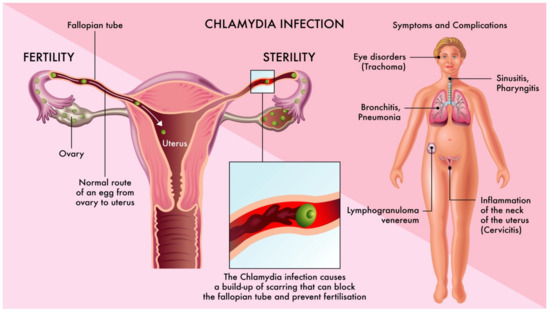4 Common Infections That May Lead to Infertility in Women — And How to Prevent Them

Finding out what exactly causes female infertility could prove to be a difficult task. However, depending on the underlying cause of infertility, there is a wide range of treatment options available.....CONTINUE READING THE FULL STORY HERE
In spite of this, a significant number of childless couples are able to achieve parenthood through natural means. The Mayo Clinic has identified four different infections that have the potential to prevent a woman from having children. Kindly read the entire piece, thank you.
1. A disease that causes inflammation of the pelvis.
Studies have shown that chlamydia, gonorrhea, and other sexually transmitted diseases (STDs) can lead to an infection of the fallopian tubes and the uterus.
2. The second condition is known as polycystic ovary syndrome (PCOS).
Are you aware that the hormonal imbalance caused by polycystic ovarian syndrome can have an effect on ovulation? If not, you should learn more about this topic. Insulin resistance, obesity, excessive growth of face or body hair, and acne are among symptoms associated with polycystic ovary syndrome (PCOS). It is one of the leading contributors to a woman’s inability to conceive a child.
3. An elevated level of prolactin
Sometimes the pituitary gland produces an excessive amount of prolactin, which can impede the synthesis of estrogen and lead to infertility if the condition is not treated. It’s possible that the medication you’re taking for another condition is the root of the problem.
4. Endometriosis comes in fourth place.
Endometriosis is a condition that can manifest in a person when tissue that ordinarily develops in the uterus begins to implant and spread to other parts of the body. Because scarring can constrict fallopian tubes, it is impossible for an egg and a sperm to join together after this additional tissue development has been surgically removed.
The following pieces of advice can be helpful to women who are wanting to start a family soon or at some point in the future in terms of maintaining their fertility.
1. Preserve your current state of good health.
2. Don’t smoke.
3. Cut back on the excessive amount of alcohol you are drinking.
4. Attempt to lower your overall stress level.
5. Schedule a checkup with your primary care physician.
